Wittgenstein in the Fellows' Garden at Trinity
This intimate black‑and‑white portrait shows the philosopher Ludwig Wittgenstein standing beneath the dappled shade of trees in the Fellows’ Garden at Trinity College. Dressed in a simple checked overcoat and crisp shirt, his alert gaze meets the camera, capturing a rare candid moment away from lecterns and library stacks.
Historical Context Cambridge Years: By 1939, Wittgenstein had returned to Cambridge as a Fellow of Trinity College, following his groundbreaking work in Tractatus Logico‑Philosophicus and a voluntary stint as a schoolmaster. His presence enlivened the Moral Sciences Club and seminars, influencing a generation of analytic philosophers.
Philosophical Innovations: In the late 1930s, Wittgenstein was drafting what would later become the Philosophical Investigations, challenging his own earlier views and reshaping debates on language, meaning and mind. The serene Fellows’ Garden offered him a retreat for reflection amid the looming uncertainties of Europe on the brink of war.
Interwar Academia: Trinity College in the 1930s was a vibrant hub of intellectual exchange—from Hardy and Keynes to Russell and Wittgenstein—its cloistered courtyards and manicured lawns fostering the dialogues that would shape modern philosophy and economics.
Share Your Own Vintage Finds! Do you have sepia‑toned postcards, family snapshots of Cambridge academia or behind‑the‑scenes glimpses of interwar intellectual life? Upload your photographs to OldPik.com and help us preserve the vibrant heritage of Britain’s university culture—one image at a time.
SEO Tags vintage photo, Ludwig Wittgenstein 1939, Trinity College Cambridge, Fellows’ Garden portrait, interwar analytic philosophy, Cambridge intellectual history, antique UK photograph, Philosophical Investigations genesis, OldPik uploads, British academia nostalgia
Comentarios
Envíado por

OldPik
7 de enero de 2024
Fuente
Enlace externo a la fuente¿Tienes fotos antiguas?
Comparte tus fotografías históricas y ayuda a preservar nuestra memoria colectiva.
Subir fotos

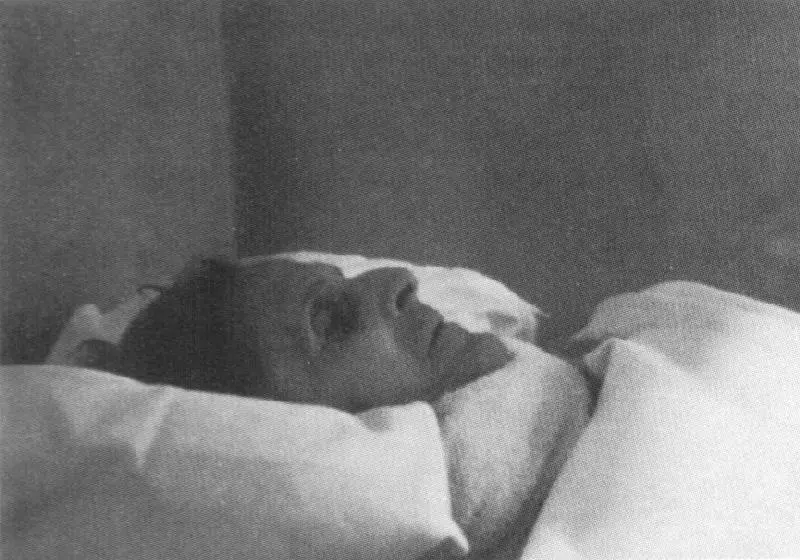
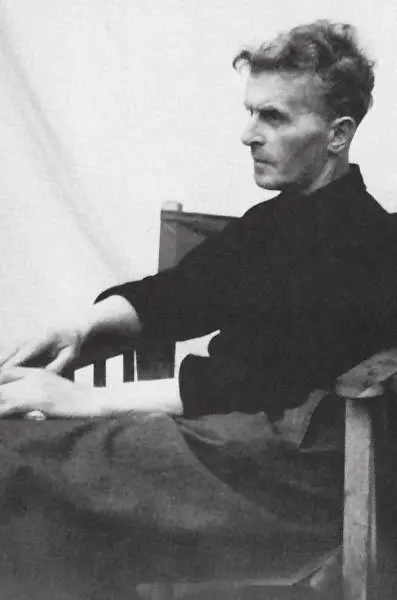
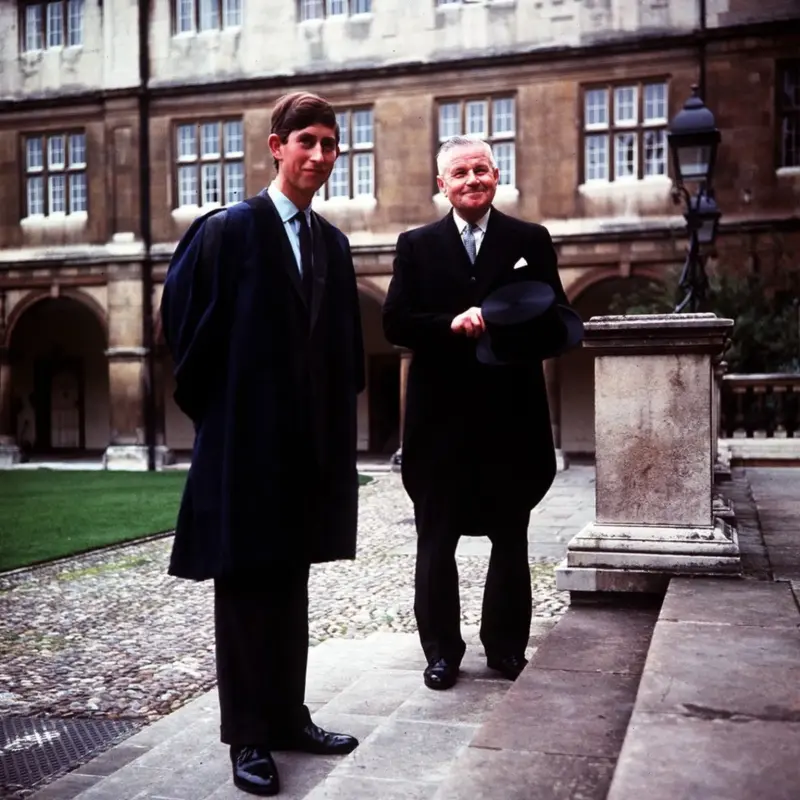
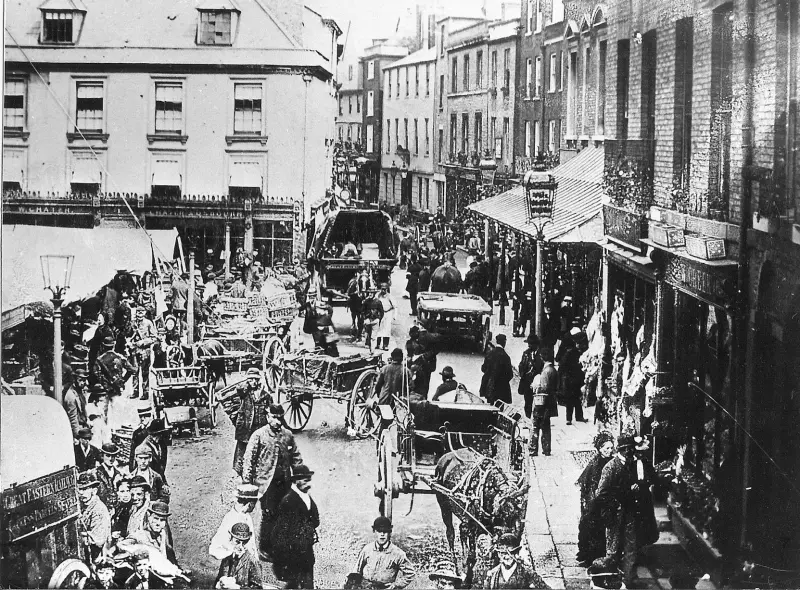
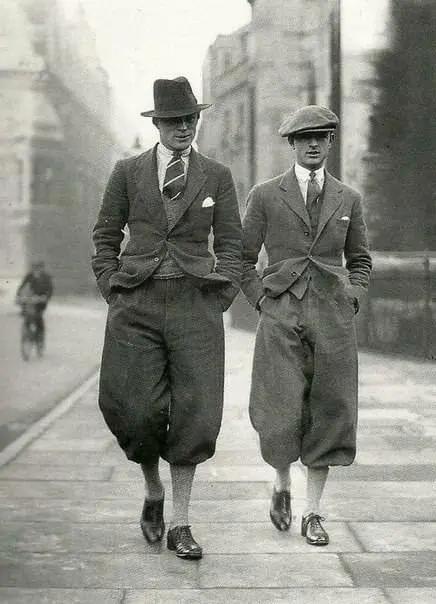

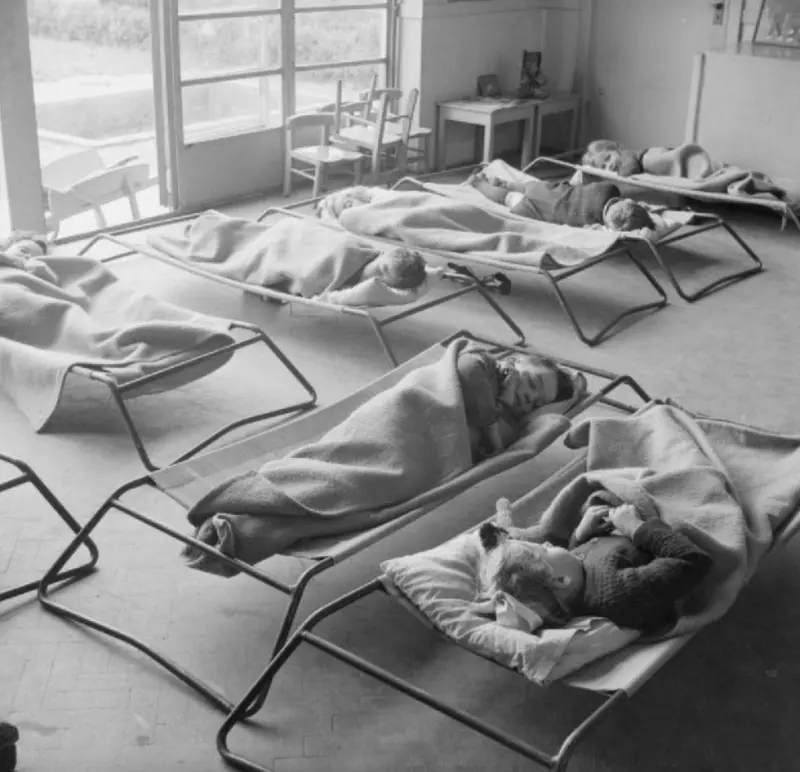
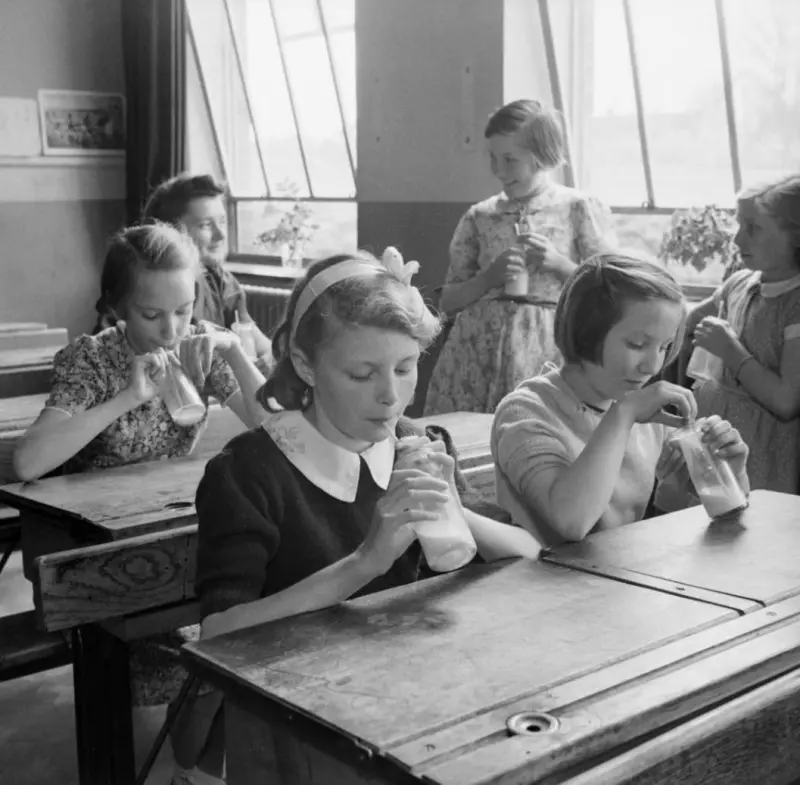
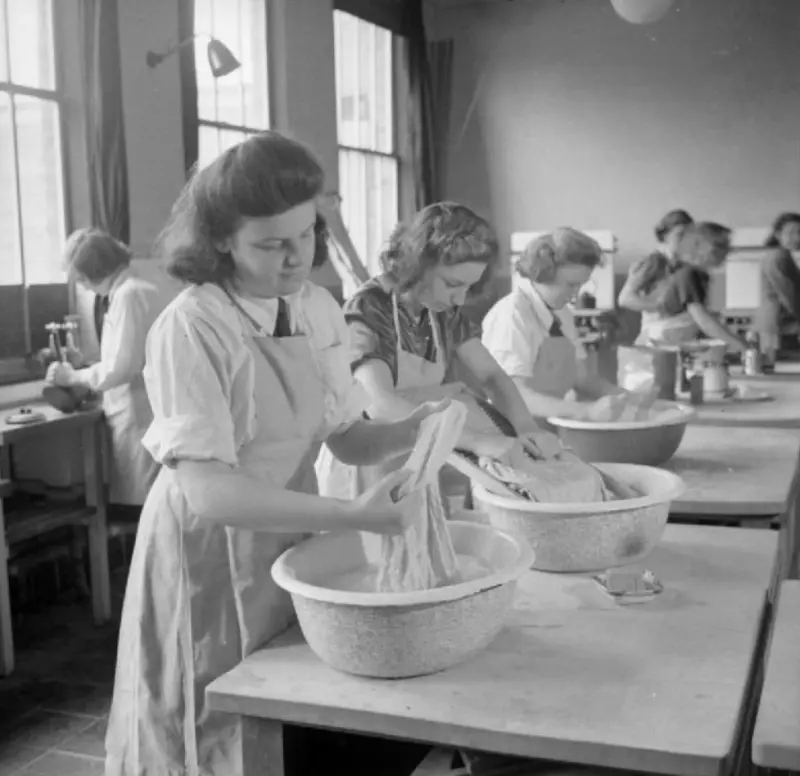
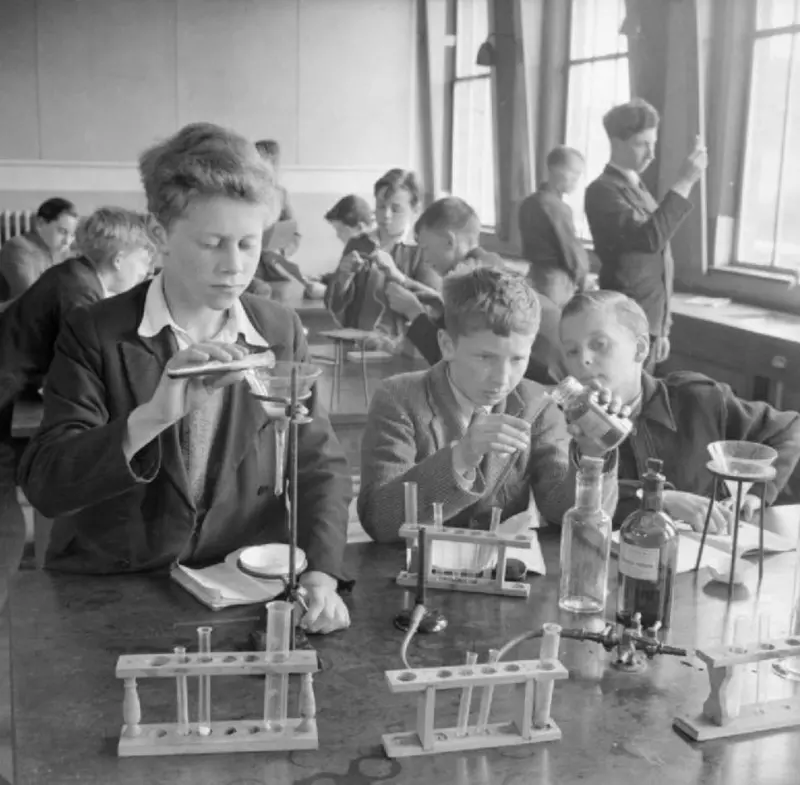
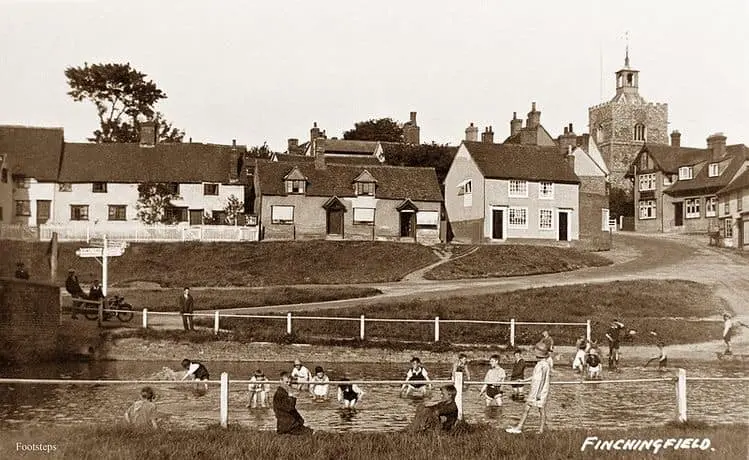
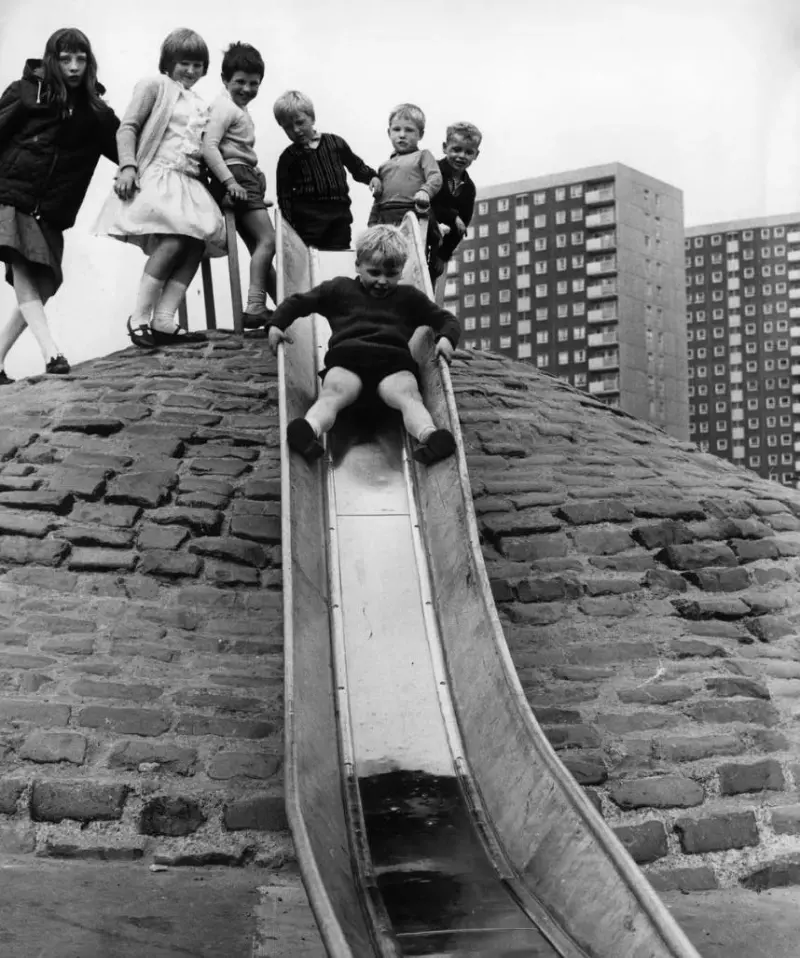
Sin comentarios aún, sé el primero en comentar...